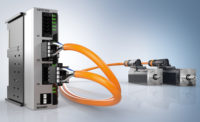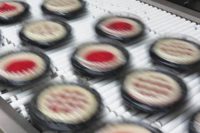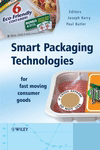Fast food companies move toward improved packaging recycling
Chipotle, Dunkin’ Brands and YUM! Brands have made new commitments toward packaging recycling and composting, leading shareholder advocate group As You Sow (www.asyousow.org) to withdraw shareholder proposals filed at the companies.
“We are pleased to see positive momentum at large fast food brands,” says Conrad MacKerron, Senior Vice President of As You Sow. “As packaging is recycled in greater volumes, its market value as a reusable raw material is more likely to increase.”
Fast food brand Chipotle announced a 50% food and packaging waste diversion goal by 2020. YUM! will adopt a diversion goal later this year, and Dunkin’ will report on the feasibility of a future recycling program for its coffee cups.
Chipotle’s action is the most significant, and is similar to a 50% diversion goal announced by McDonald’s in 2014. Chipotle says half of food and packaging waste from its restaurants will be diverted from landfill through composting and recycling. It estimates 875 locations (nearly half) already offer front-of-house recycling options for at least one packaging item, and 138 locations are composting organics. The company also says 80% of its restaurants have back-of-house cardboard packaging.
As You Sow also agreed to withdraw a proposal from YUM!, the world’s third largest fast food chain, which operates KFC, Taco Bell and Pizza Hut, after the company stated its intent to issue a food and waste diversion goal later this year; the goal is expected to focus on cardboard packaging, used cooking oil recycling, and food donation.
Dunkin’ agreed to report on the feasibility of developing a recycling policy for on-site food and beverage packaging. The report will discuss adopting recycling and recycled content goals for food service packaging. In 2014, Dunkin’ announced it would find a replacement for its foam coffee cups, which have been criticized as environmentally unfriendly, aiming for a transition by the end of 2015.
Dunkin’ recently said it expects to replace foam with a recyclable polypropylene cup, but postponed its rollout, citing customer concerns about the lid on the new cup, made from high impact polystyrene, which is not accepted in many recycling programs. The company is looking for a better alternative lid.
Looking for a reprint of this article?
From high-res PDFs to custom plaques, order your copy today!









